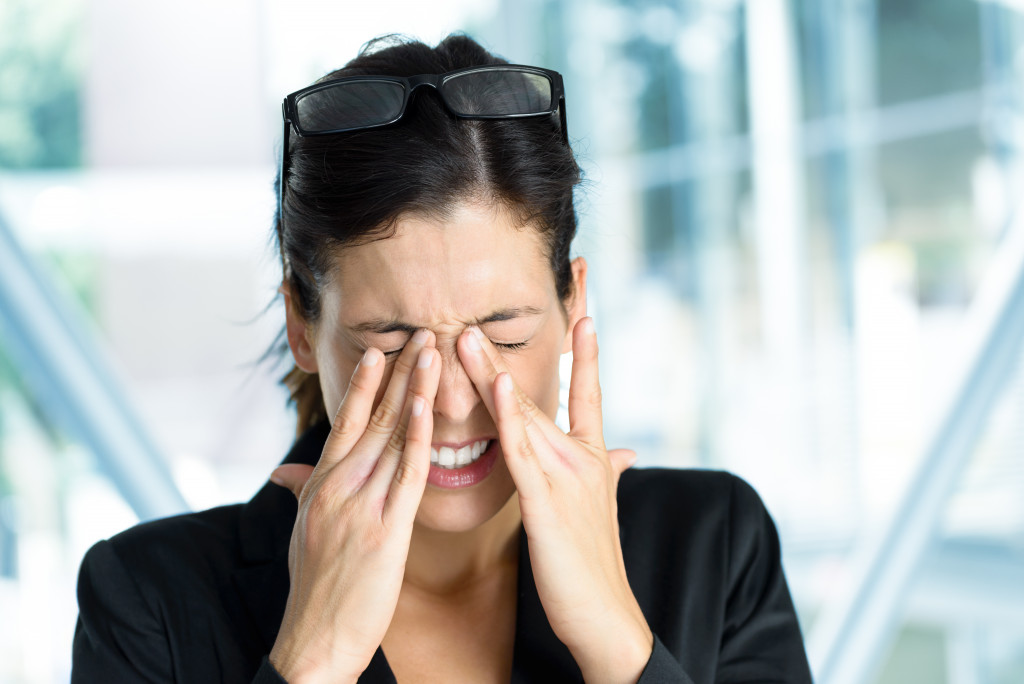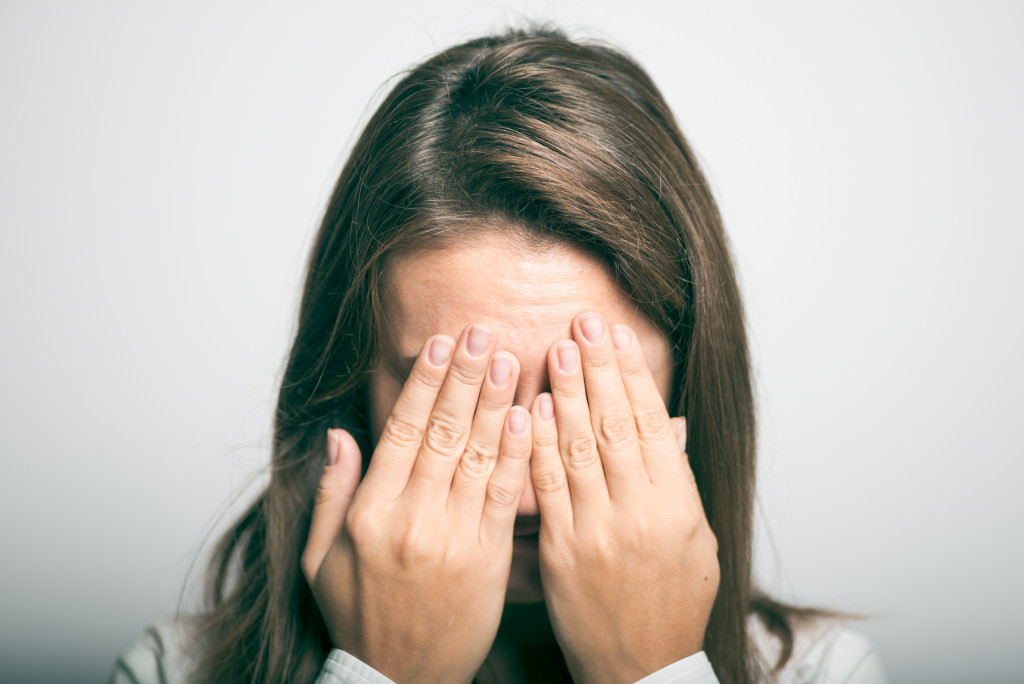- Light sensitivity is an umbrella term for any physical discomfort from bright light exposure.
- Causes of light sensitivity include dry eye, migraines, eye strain, conjunctivitis and more.
- Treatment for light sensitivity includes wearing sunglasses or hats outdoors and turning down the brightness on digital screens.
- Medication, lifestyle changes, and good eye hygiene can help reduce light sensitivity symptoms.
- Taking the proper steps to manage light sensitivity can help you enjoy a brighter future.
Are you experiencing light sensitivity? You’re not alone. Millions of people are affected by this condition every year, and while it can be uncomfortable, it doesn’t have to control your life. To help you understand what’s happening in your body and how to find relief, here’s a guide to everything you need to know about light sensitivity.
What is Light Sensitivity?
Light sensitivity is an umbrella term for any physical discomfort from bright light exposure. It can be caused by various conditions, including migraines, eye strain, fatigue, and certain medical treatments such as chemotherapy or radiation therapy. People with light sensitivity may experience headaches, nausea, fatigue, dizziness, and increased heart rate when exposed to bright lights.
Causes of Light Sensitivity
Light sensitivity, also known as photophobia, is a symptom that can be caused by a wide range of conditions, such as:
Dry Eye
Dry eye is one of the most common causes of light sensitivity. It is caused by insufficient tear production, which leads to a lack of lubrication in the eyes. This can result in discomfort when exposed to bright lights and redness, burning, and itching. Treatments for dry eye include artificial tears and gels, anti-inflammatory drops, and warm compresses.
Migraines

One of the most common causes of light sensitivity is migraine headaches. Migraines are debilitating headaches that bring immense throbbing or pulsing pain on one side of the head. They can last for hours, days, and sometimes even weeks without reprieve.
They are often accompanied by nausea, vomiting, and extreme sensitivity to light and sound. If you experience any of these symptoms, be sure to see your doctor as soon as possible for proper diagnosis and treatment.
Eye Strain
Eye strain is another common cause of light sensitivity. This occurs when your eyes become tired from looking at screens or other objects for an extended period of time. Symptoms include eye redness, blurriness, dryness, and sensitivity to light.
To prevent this type of light sensitivity, ensure that your screen’s brightness isn’t too high; take breaks from looking at screens every 20 minutes; make sure your vision prescription is up-to-date; and use lubricating eye drops if necessary.
Conjunctivitis
Conjunctivitis (also known as pink eye) is an inflammation or infection in the thin layer covering the white part of your eyes (known as the conjunctiva). Symptoms include redness, itching, burning sensation in the eyes, discharge from the eyes, and increased sensitivity to light. Conjunctivitis can be caused by both viral and bacterial infections so it’s important to get it treated right away; otherwise, it could lead to serious complications like vision loss or blindness.
Treating Light Sensitivity

There are several steps you can take if you suffer from light sensitivity:
- Wear sunglasses or hats outdoors to reduce the amount of light entering your eyes
- Use computer glasses or blue-light filtering glasses while working on the computer or staring at other digital screens
- Turn down the brightness on your devices
- Avoid fluorescent lighting as much as possible
- Dim the lights in your house or office
- Take regular breaks from looking at screens and give your eyes a chance to rest
However, if your situation worsens, it’s important to speak with a doctor about preventing and managing your light sensitivity.
Your doctor may recommend medications or other treatments to help manage your symptoms. They may also be able to refer you to an optometrist or ophthalmologist who can help diagnose the underlying cause of your light sensitivity.
Managing Your Symptoms
Talk to your doctor about medication options if you experience severe symptoms such as nausea and dizziness when exposed to bright lights. Additionally, there are lifestyle changes that can help manage milder symptoms. Eating a healthy diet rich in vitamins and minerals can help reduce eye inflammation, which may lessen light sensitivity. Getting enough sleep is also important because fatigue can make the symptoms worse. Finally, practice good eye hygiene by using proper techniques when applying makeup or removing contact lenses.
Dealing with light sensitivity doesn’t have to be difficult; there are many steps you can take to manage the condition successfully so that it doesn’t interfere with your daily life. From wearing sunglasses during outdoor activities to ensuring you get enough rest each night, these simple tips should help reduce the severity of your symptoms over time so you can enjoy a brighter future!

